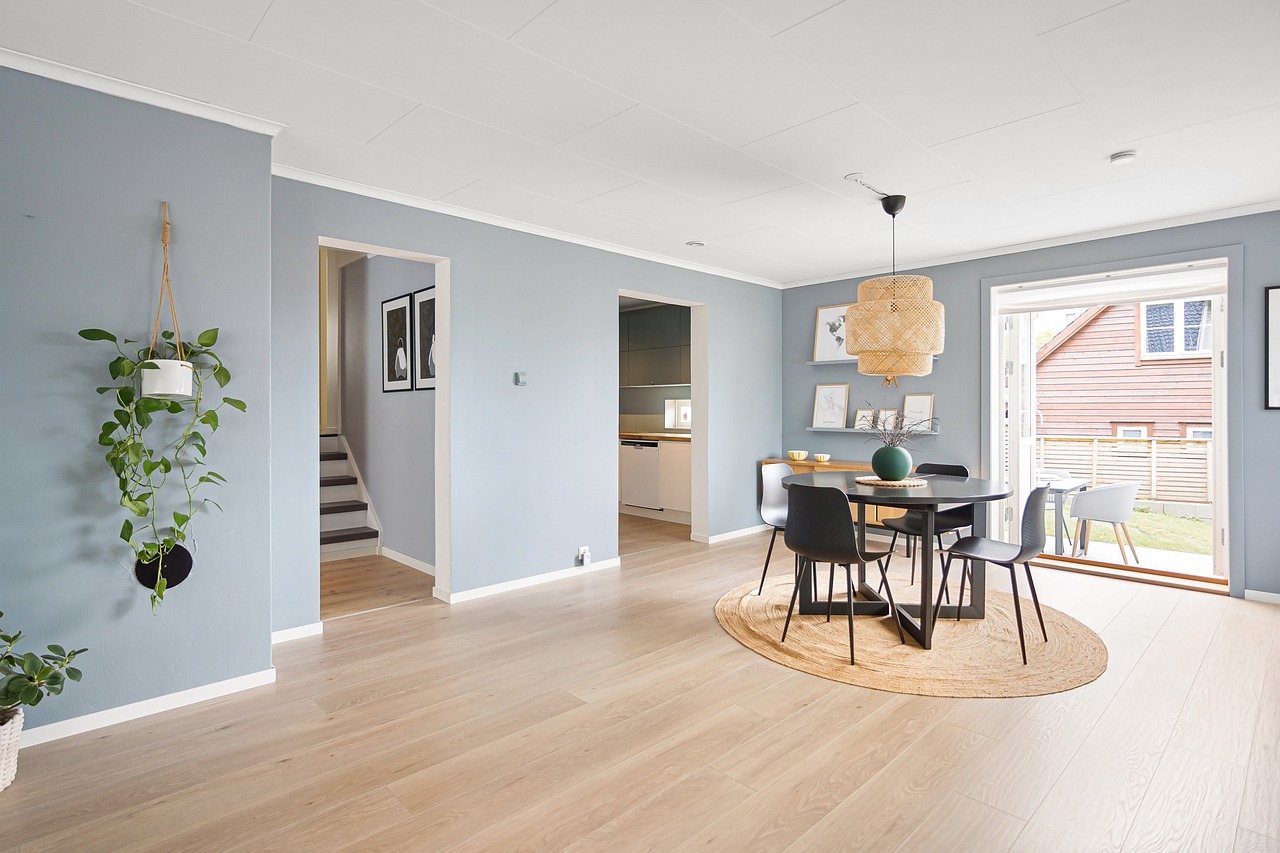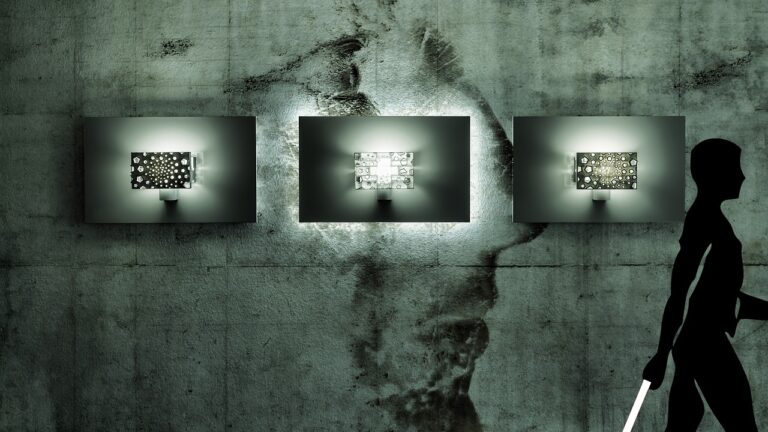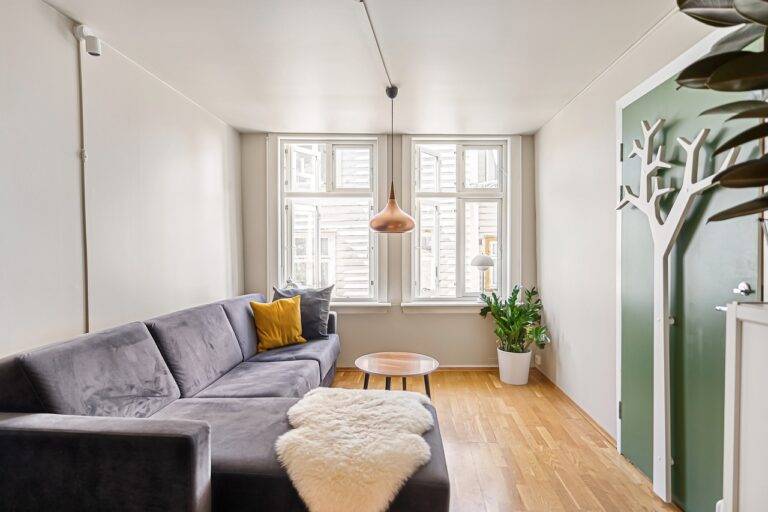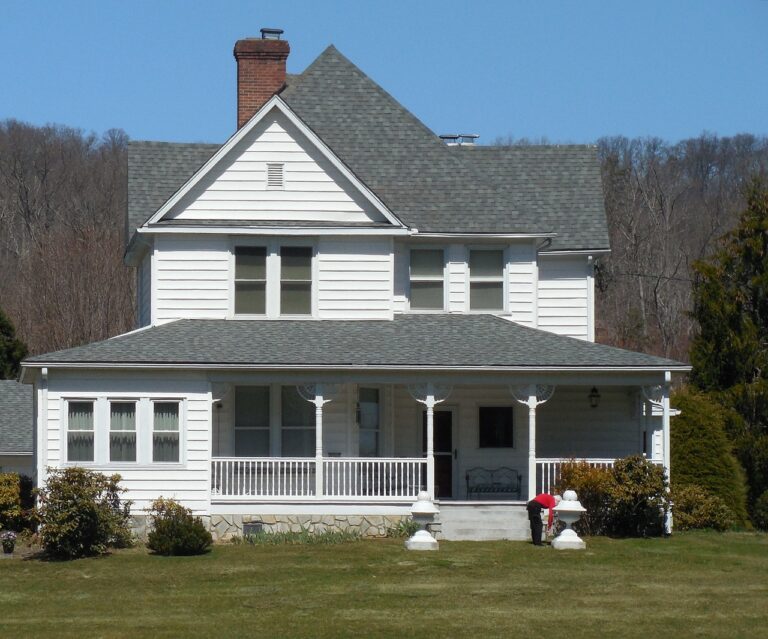Adapting Homes for Seniors with Neurological Conditions: 11xplay reddy login password, 24 betting login india sign up, Skyinplay.com login
11xplay reddy login password, 24 betting login india sign up, skyinplay.com login: Adapting Homes for Seniors with Neurological Conditions
Living with a neurological condition can present unique challenges for seniors. Simple tasks that were once easy can become difficult or even dangerous. However, with some thoughtful adaptations, seniors can continue to live safely and independently in their own homes. In this article, we will explore some practical tips for adapting homes for seniors with neurological conditions.
Creating a Safe Environment
1. Remove tripping hazards: Make sure walkways are clear of clutter, rugs are secured to the floor, and cords are tucked away to prevent falls.
2. Install grab bars: In key areas like the bathroom and near staircases, install grab bars to provide stability and support.
3. Improve lighting: Good lighting is essential for seniors with neurological conditions. Ensure that all areas are well-lit to prevent accidents.
Enhancing Accessibility
4. Consider a stairlift: For seniors with mobility issues, a stairlift can provide a safe and convenient way to navigate stairs.
5. Install handrails: Handrails can make it easier for seniors to move around the home safely, especially in areas like hallways and staircases.
6. Use ramps: If stairs are a challenge, consider installing ramps to provide easier access to different areas of the home.
Assistive Devices
7. Invest in adaptive equipment: From reachers to dressing aids, there are a variety of assistive devices that can make daily tasks easier for seniors with neurological conditions.
8. Consider smart home technology: Technology like smart home assistants and remote-controlled devices can help seniors stay independent and connected.
Home Modifications
9. Adjust furniture: Rearrange furniture to create clear pathways and make it easier for seniors to navigate their home.
10. Opt for non-slip surfaces: From flooring to shower mats, choosing non-slip surfaces can prevent slips and falls.
11. Lower countertops and switches: Lowering countertops and light switches can make it easier for seniors with mobility limitations to reach and use them.
FAQs
Q: How can I make the bathroom safer for a senior with a neurological condition?
A: Installing grab bars, non-slip surfaces, and a raised toilet seat can help make the bathroom safer and more accessible.
Q: Is it necessary to hire a professional to adapt a home for a senior with a neurological condition?
A: While some modifications can be done independently, consulting with a professional can help ensure that all necessary adaptations are made.
Q: What are some common neurological conditions that may require home adaptations for seniors?
A: Conditions like Parkinson’s disease, multiple sclerosis, and stroke can all benefit from home modifications to improve safety and accessibility.
In conclusion, adapting a home for a senior with a neurological condition is essential for their safety and independence. By making simple changes and thoughtful adaptations, seniors can continue to enjoy living in their own homes for years to come.







